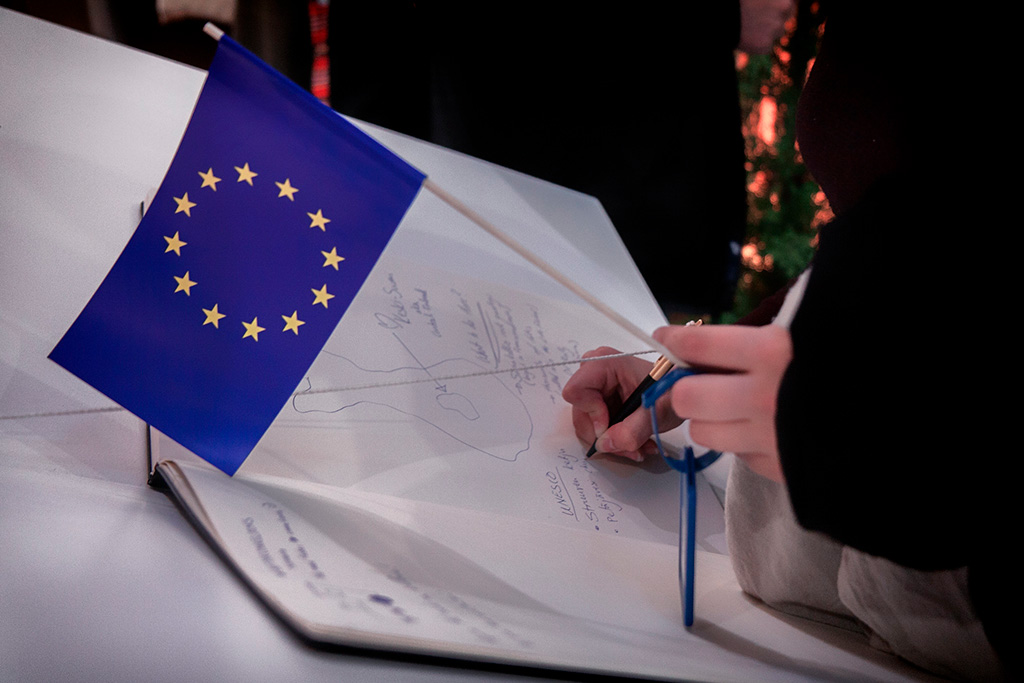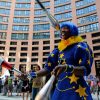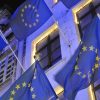
The EU’s enormous problems and many and complex divisions are still present: they have not faded away. There have been no miracles, but the recent elections to the European Parliament have changed many things, and despite, or because of, the fragmentation they have created, they could represent a political rebirth of the European project. To begin with, the Eurosceptic nationalist-populists are not going to wield the power of veto, despite having a considerable presence. They are not even in agreement with each other. But failing to take advantage to push through the development of the EU, to make it closer to the problems and feelings of its citizens, will only help them thrive. Meanwhile, despite the victory of Nigel Farage and his Brexit Party, more people in the UK voted in favour of a new referendum (although, what would the question be?) than for withdrawal. The saga draws on, with the prospect of lengthy delays.
In Germany, after their significant setback, the withdrawal of the Social Democrats from the governing coalition with the Christian Democrats and the Christian Social Union is a matter of time, all the more so since Angela Merkel’s announcement that she will not stand again as Chancellor. Despite presiding over the EU’s most powerful economy and most populous country, she is weakened ahead of the negotiations to decide who will lead the EU’s institutions, although it cannot entirely be ruled out that she herself will end up as President of the European Council. But the fresh start will not stem from there. Merkel has been a pragmatic politician, who probably rescued Europe (the euro, Greece, the refugees) during the crisis, but at a price for many and devoid of vision. She has never been a visionary politician.
The possibility has emerged in the wake of the European elections of a new coalition for driving the Union forward, involving socialists and social democrats, greens and liberals, among others. It has been understood in the European Parliament and in government circles. It would be a new development. Macron needs it for his domestic French agenda. As always in politics, it is a case of matching ideas to people in the institutions (the European Commission, the European Council, the Presidency of the European Parliament and the European Central Bank). In this context the government of Pedro Sánchez has begun to show it has a serious role to play in the debate, both in terms of proposing people and nationalities –more ideas are required– in negotiations involving difficult balances (appropriateness and expertise, political leanings, nationality, allegiance to a political bloc and gender). National governments have already got the negotiations under way, which does not mean falling into an intergovernmental Europe, as opposed to the Parliament, and re-establishing some institutional balances that had been lost. It is also a largely generational renewal. Jean-Claude Juncker’s generation, that of the post-war era, is entirely on the way out. It is replaced by another with different experiences and outlooks, neither better nor worse, but different. Let no-one be mistaken on this latter point.
Spain, as pointed out previously, is well placed to wield much more influence. Because (barring surprises), Pedro Sánchez is going to have four election-free years –apart from the Catalan election, presumably after the ruling in the trial currently before the Supreme Court– with more socialist MEPs than any other country in the European Parliament, and above all with a recalibration of foreign and European policy, already under way in the preceding months, regarding Paris under Macron, Berlin under Merkel –relations between Paris and Berlin are not going so well, as glimpsed at the Aachen bilateral agreement in January– and Lisbon. Italy is a case apart. There is no G3, but there is a possible G2+1 (namely Spain, although some German conservatives would like Poland to play this role), or a G2+2 (with Portugal) that could characterise the Union in these decisive years ahead, in which the world is in constant motion, with the EU remaining impassive. And it has to rediscover the capacity for setting the agenda, lost years ago.
But as indicated, the institutions and the people who head them are one thing, and another is the idea, or ideas, needed to drive Europe forwards at this time. The economist Mariana Mazzucato proposes that the EU should take on a mission for the years ahead, like the Soviet Union’s Sputnik programme, the US mission to the moon or China’s goal of becoming the world’s foremost technological power. Specifically, Mazzucato proposes that the EU lead the world in the fight against climate change, although there are other issues, which she herself champions, such as the quest to restore digital sovereignty (as proposed by Macron) amid a new digital colonialism, which is congenial but does not come without baggage; rather it is freighted with a culture we share only in part. That said, the EU should avoid making itself look foolish, as it did in 2000 when it promised in the Lisbon Agenda (with its ill-starred goals and ill-starred methods) to turn itself by 2010 into ‘the most competitive and dynamic knowledge-based economy in the world capable of sustainable economic growth with more and better jobs and greater social cohesion’. Although the EU has allowed various ships to sail that have left port without her, the goal continues being valid for embracing others and, in particular, for reconnecting economics, societies and politics, which have become detached of late, with specific measures, not mere verbiage like the recent (and void) Sibiu Declaration. But there is a need to combine visions, consensuses and capabilities to avoid creating frustration.


